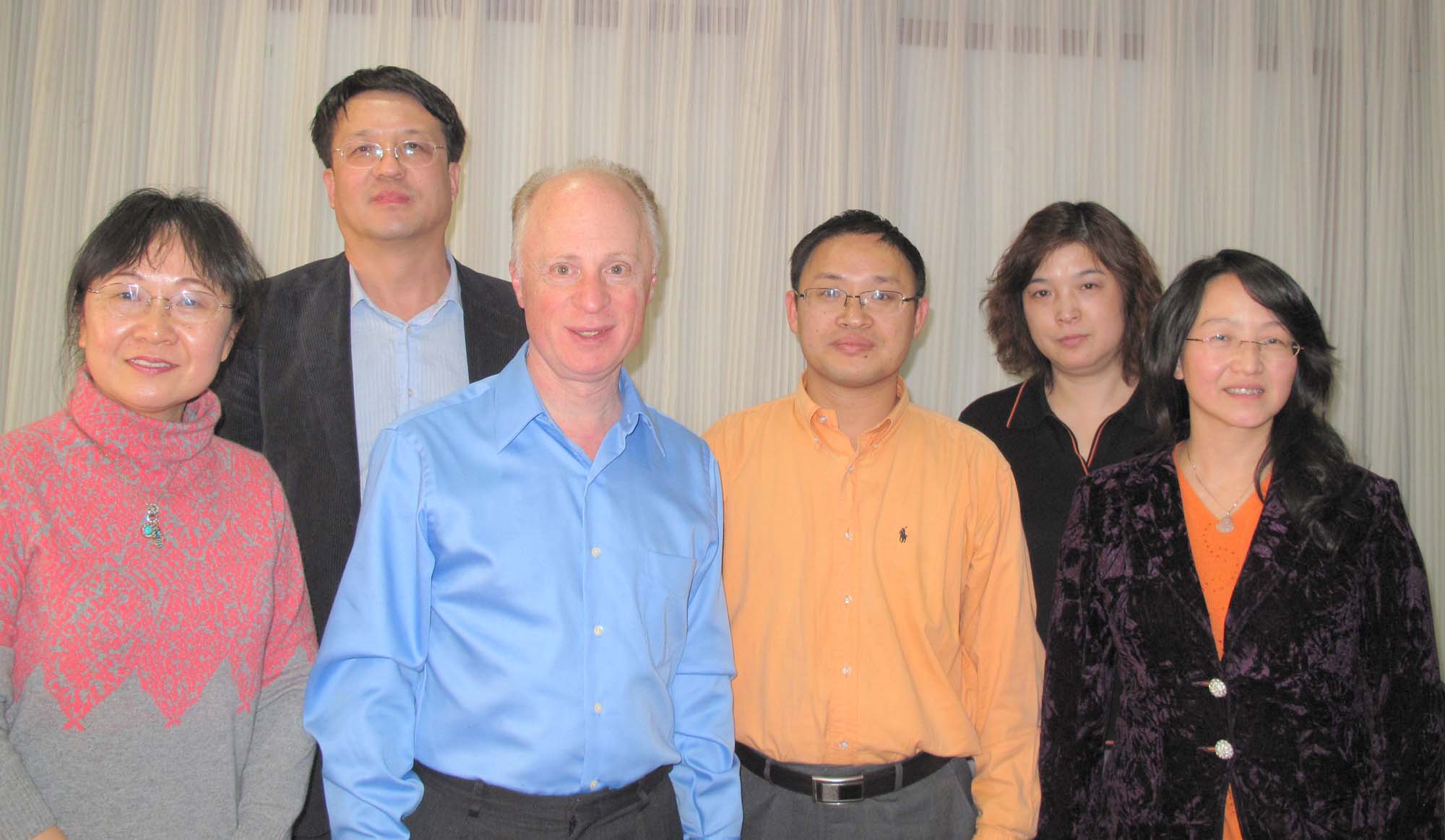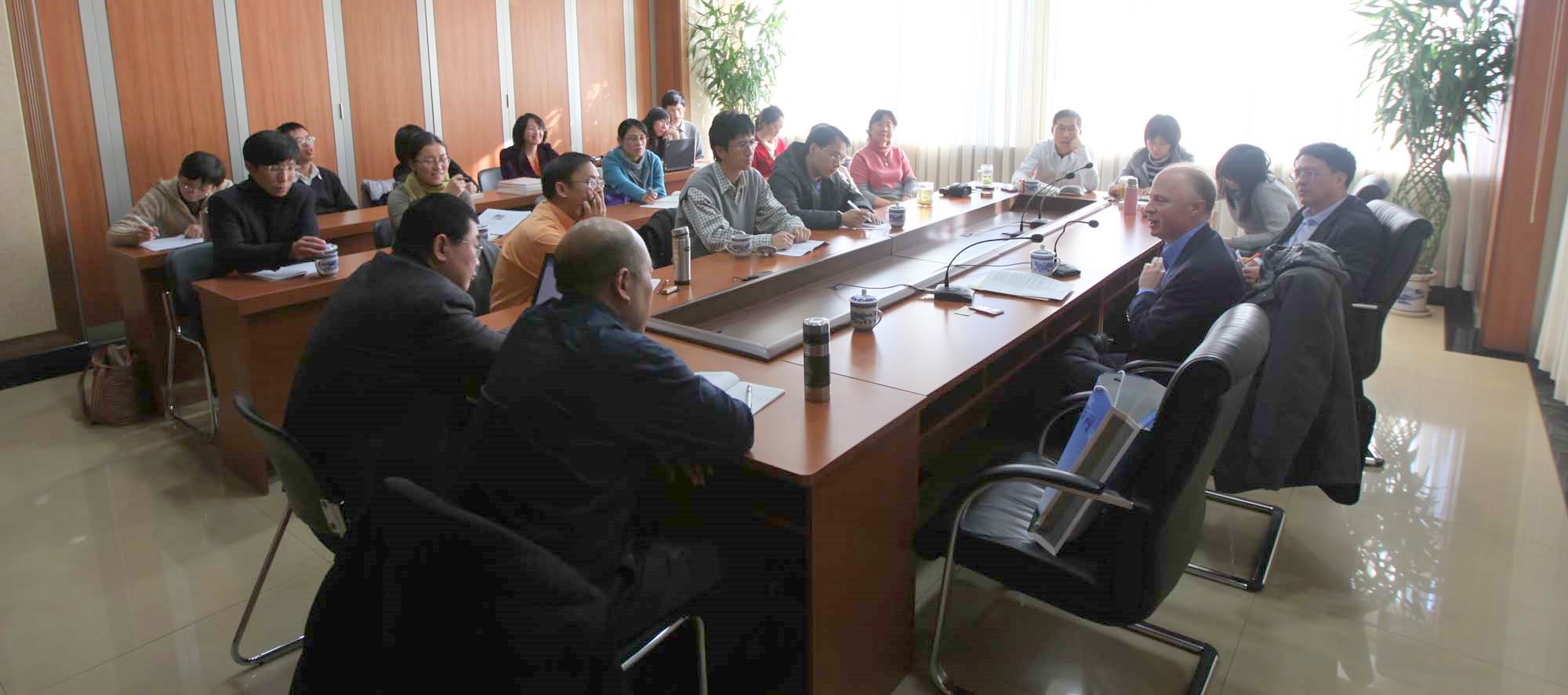2011年1月11日,“宗教人类学讲座”第一讲在中国社会科学院世界宗教研究所举行,美国波士顿大学人类学系主任魏乐博(Robert Weller)教授作题目为“中国宗教慈善与社会资本的局限(Chinese Religious Philanthropy and the Limits of Social Capital)”的报告。来自中国社科院科研局、中国社科院世界宗教研究所、中国社科院研究生院、中国社科院社会学研究所、中国社科院民族学与人类学研究所、北京大学、中国人民大学、北京师范大学、中央民族大学、香港中文大学等单位的专家学者20多人聆听了魏教授的精彩报告,大家并围绕着中国的宗教慈善与社会资本的关系问题进行了热烈的学术讨论。
魏乐博教授报告内容的英文提要如下:
We might expect from general principles that the scale of religious organization will affect its ability to provide social goods. Theories of social or spiritual capital lead us to predict that small-scale and large-scale groups would differ systematically. On the one hand, the theory suggests that the thick social ties of the most locally based groups might be most successful at mobilizing community action for self-help. They might also be better at filling in gaps left out of broader programs, typically things like old age care or help for petty entrepreneurs. Their relative shielding from the gaze of the state may also allow a wider field of action, even though it limits the resources that might be gleaned from the state and its agents. Chinese popular worship has always organized almost entirely on this local scale, and most temples have very little institutional structure beyond the single temple itself.
On the other hand, the same logic suggests that the larger groups may be better at attracting external resources and carrying out broad projects with shallower roots in local social capital, like emergency relief. They inevitably have closer ties to the state, because they are too large to hide; unlike house churches or local temples, they are always officially registered. These ties place limits on possible activities, but they also open up new kinds of resources. These groups typically also have universalistic belief systems, and thus tend to promote a more global reach.
The preliminary results of a research project comparing religious philanthropy in China, Taiwan, and among Chinese in Malaysia, however, suggest that these hypotheses are not necessarily correct, and that we need to address the innovations possible when we thin out social ties. The talk will argue that: (1) Contrary to our expectation, scale does not make much difference in either ability to mobilize political resources or in face-to-face connections. (2) By pulling away from local social networks, however, large-scale organizations have innovated in (a) new roles for women and (b) a more universalizing ethic of charity. Sometimes, in other words, it is advantageous to leave local social capital behind.

魏乐博教授

参加报告会的部分学者合影

报告会现场
(供稿:陈进国;图片提供:邱永辉|李文彬)